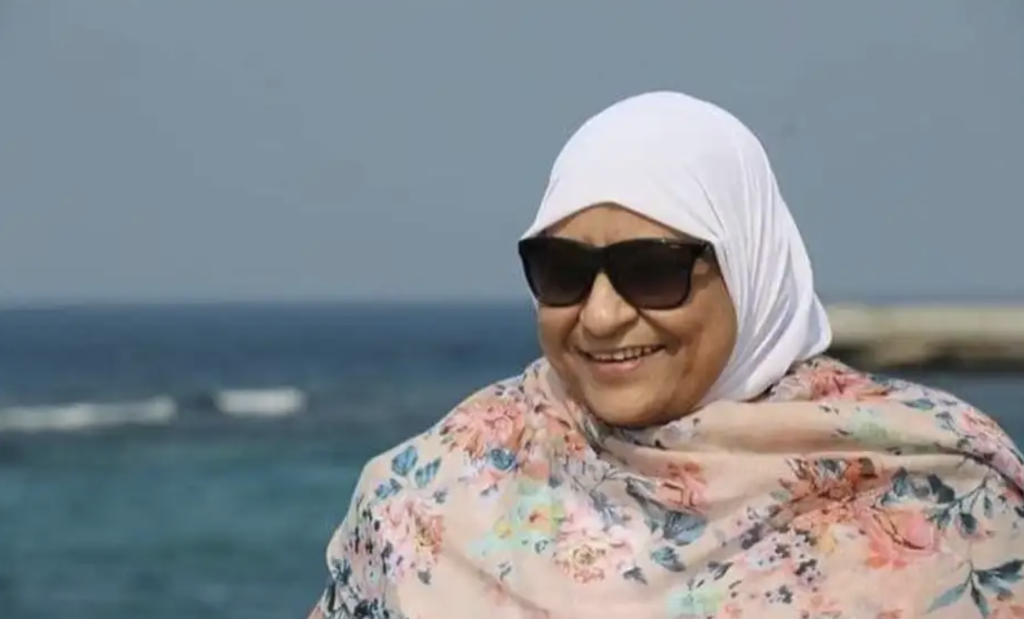On February 19, MEDC and 24 other Egyptian and international organizations sent a letter to British Foreign Secretary David Lammy calling on the British government to use the U.N. Human Rights Council to draw attention to the pronounced human rights crisis in Egypt. Doing so would support arbitrarily imprisoned British-Egyptian national Alaa Abd el-Fattah, the groups said. Below is the letter. Download a PDF version here.
Rt Hon David Lammy
Secretary of State for Foreign, Commonwealth and Development Affairs
Foreign and Commonwealth Office
King Charles Street
London
SW1A 2AH
19 February 2025
Dear Foreign Secretary,
Ahead of the 58th session of the UN Human Rights Council, we are writing as a coalition of 25 organisations to request that the UK government take the lead on a joint statement on Egypt.
As you know, the human rights situation continues to deteriorate in Egypt. The authorities continue to crush dissent and stifle civil society, arbitrarily arresting thousands in recent years including journalists , opposition politicians, relatives of dissidents abroad, peaceful protesters, trade unionists, lawyers and people critical of the human rights situation, and anyone critical of the government’s handling of the economic crisis and worsening living conditions. Enforced disappearance, torture and other ill-treatment remain routine in detention facilities.
Egypt has made use of and expanded its legal arsenal against human rights defenders, as well as actual or perceived opponents, with new abusive counter-terrorism laws, anti-foreign funding laws, and cybercrime laws. The alarming draft Criminal Procedure Law now before the Egyptian Parliament has triggered an urgent Communication from UN Special Procedures and broad pushback from syndicates and unions, as well as private diplomatic outreach urging the Egyptian authorities to review it. Instead, it is steadily moving through parliament where lawmakers are reportedly adding language allowing for intrusive surveillance of citizens for an unlimited time.
Sessions of the Human Rights Council offer States the opportunity to make a strong statement condemning Egypt’s ongoing repression and provide vital recommendations. Following the last joint statement on Egypt’s human rights record in 2021, the authorities lifted the state of emergency and announced a new human rights strategy and a National Dialogue. Arbitrarily detained individuals, including some prominent activists, were also released. Whilst these were largely insufficient or cosmetic measures, they demonstrate the Egyptian authorities’ interest in being seen to respond to joint statements by States at the Council.
We welcome the statement made by the UK during the interactive dialogue of Egypt’s Universal Periodic Review in January, including the clear call for the release of British national and human rights defender Alaa Abd el-Fattah – whose detention the UK representative called “unacceptable” – and “all detainees held for exercising their right to freedom of expression”. The UK should build on that strong stand and lead on a statement at the Council.
We remain deeply concerned that Alaa Abd el-Fattah still has not been released after completing his unjust five year prison term in September 2024, particularly given the terrible and urgent risk to the life and health of his 68-year-old mother Laila Soueif, who as you know has been on hunger strike since then. We believe that a UK-led joint statement at the Council would send a powerful message about the importance of Alaa’s emblematic case, and the necessity for Egypt to resolve this immediately, by releasing him so that he can be reunited with his son in Brighton.
Foreign Secretary, as a founding member of the Human Rights Council, the UK has the assets and experience to deliver a well-supported joint statement on Egypt. We have no doubt that your partners and allies in the Council would offer support to such a statement, and we urge you to begin preparing a statement.
Yours sincerely,
Access Now
Amnesty International
Cairo Institute for Human Rights Studies (CIHRS)
Campaign Against Arms Trade Committee to Protect Journalists (CPJ)
Council for Arab-British Understanding (Caabu)
DAWN
Egyptian Initiative for Personal Rights (EIPR)
Egyptian Front for Human Rights (EFHR)
El Nadim Center for Rehabilitation of Victims of Violence
English PEN
FairSquare
Gulf Centre for Human Rights (GCHR)
HuMENA for Human Rights and Civic Engagement
International Bar Association’s Human Rights Institute
International Service for Human Rights
Intersection Association for Rights and Freedoms
MENA Rights Group
Middle East Democracy Center (MEDC)
PEN International
REDRESS
Reporters Without Borders (RSF)
Sinai Foundation for Human Rights
The Tahrir Institute for Middle East Policy (TIMEP)
Wales PEN Cymru

